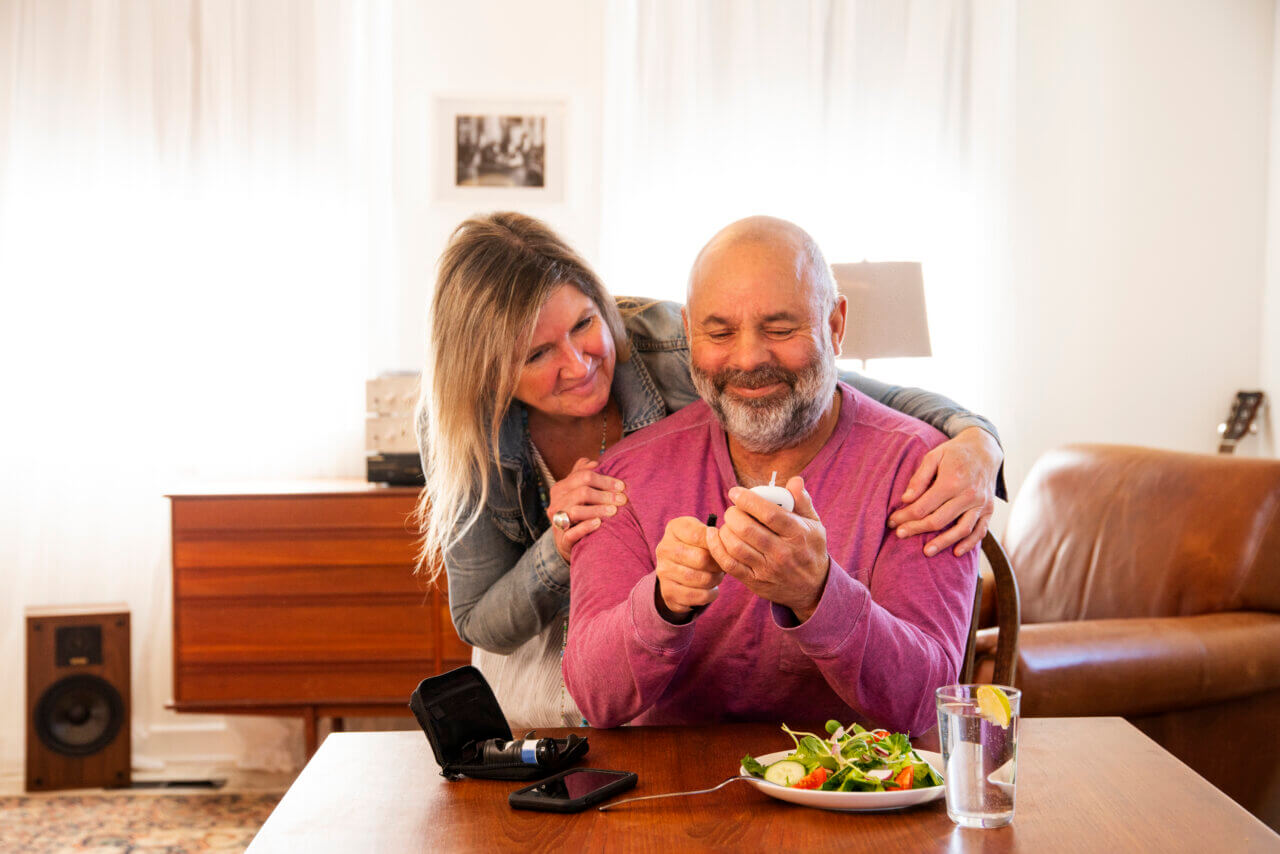What Is Caregiver Burnout?

Caregiver burnout is a condition in which a person providing assistance to a friend or family member experiences mental, emotional and physical exhaustion. Often, caregiver stress and burnout is accompanied by a change in attitude about responsibilities, from feeling engaged and eager to help to fatigued, disconnected and depressed.
If you’re experiencing caregiver burnout, it’s important to know that you’re not alone. This state is common for caregivers and is, in no way, a reflection of who you are as a person. Being a caregiver is hard and staying upbeat can be very difficult. What’s important is that you spot the symptoms of caregiver burnout and take steps to address them.
Caregiver Burnout Signs & Symptoms
Caregiver burnout symptoms vary from person to person. However, they commonly include:
- Decreased energy. You feel like you no longer have the vitality that you previously did. This includes both physical and mental/emotional energy.
- Increased irritability. You find yourself being short on patience for the person in your care and others in your life.
- Greater susceptibility to illness. It seems as though you catch every bug that’s making the rounds.
- Inability to relax. Even when you have time to take a break from your responsibilities, you feel tense.
- Loss of satisfaction in care-related tasks. You no longer get a sense of accomplishment or joy from helping your friend or loved one.
- Lack of recovery following sleep. Even if you sleep at night or take naps during the day (both of which may be more difficult when you’re burned out), you don’t feel like it’s helping you recover.
- Feelings of hopelessness or helplessness. You feel a sense of despair and believe that the situation will never improve.
You may find yourself experiencing many of these symptoms at once, or you may move through different stages of caregiver burnout with new symptoms at each stage.
Caregiver Burnout Prevention
Caregiver burnout is very common. However, there are things you can do to prevent it or address it when it occurs. For example, you can:
- Focus on accepting the situation. When a friend or family member is ill, it’s easy to be consumed with wondering, “Why them?”. The more you practice acceptance, the less energy you burn trying to answer questions that can’t be answered.
- Embrace small victories. Whether it’s an improvement in the patient’s condition, completing a task or enjoying a shared activity, looking for the bright spots in any given day makes it easier to find some.
- Explore respite care options. From friends and family to paid service providers, it can be helpful to have someone take on your care responsibilities for even a short time so you can focus on your own well-being.
- Confide in a friend or counselor. Simply acknowledging that you’re feeling burnt out can help alleviate some of the stress that’s causing the burnout to begin with.
- Get regular exercise. While it may be hard to get in a full workout, any time you can carve out to get your heart pumping and stretch your muscles is a good thing.
- Eat a balanced diet. Getting proper nutrition and staying hydrated can help you have the energy you need to do the challenging work of being a caregiver.
- Get adequate sleep. Be sure to give your body the downtime it needs to repair and recharge.
- Make time for your favorite activities. Whether it’s gardening, reading, spending time in your workshop, or catching the big game, it’s important to find ways to indulge your hobbies and interests.
- Talk with your doctor. If you develop ailments of any kind—physical, mental, or emotional—talk with your doctor about them right away. Health conditions are much easier to address when they first arise.
- Join a support group. The support you get from friends and family is important, but sometimes it just feels good to share your experiences—good and bad—with other caregivers who can relate to what you’re going through.
If you find yourself wondering what to do about caregiver burnout, that’s a sign that it’s time to take action. Simply coming to that realization can be helpful and empowering.
Resources for Caregiver Burnout at Baptist Health
Feeling stressed or depressed in your role as a caregiver? Keep in mind that there are resources for caregiver burnout and that you don’t have to simply “grin and bear it.”
If you or a loved one are experiencing signs of caregiver burnout, discover areas Baptist Health provides home health services for and seek assistance today.



